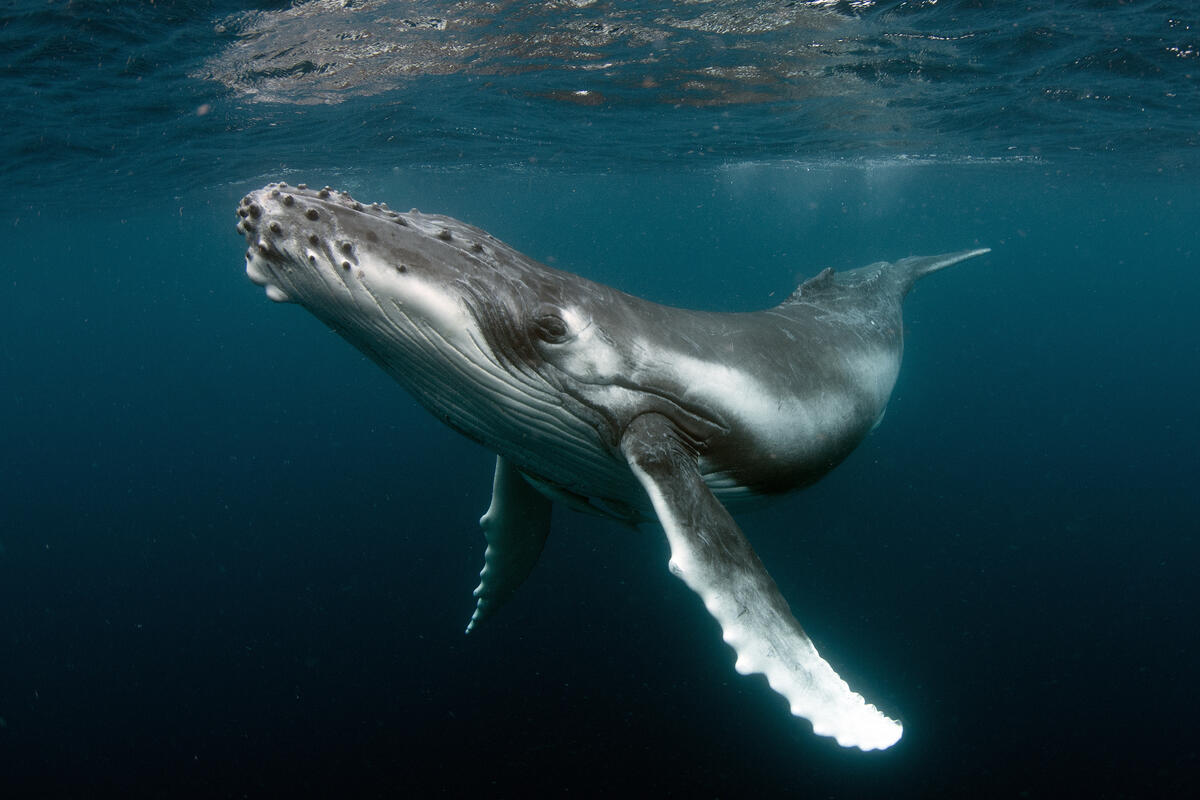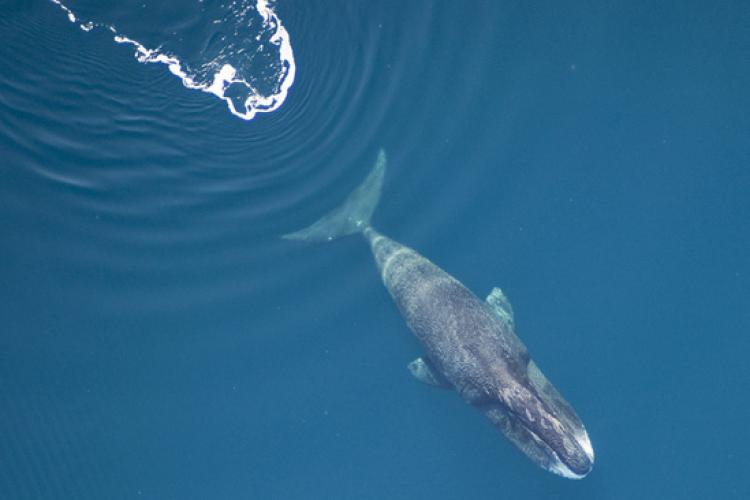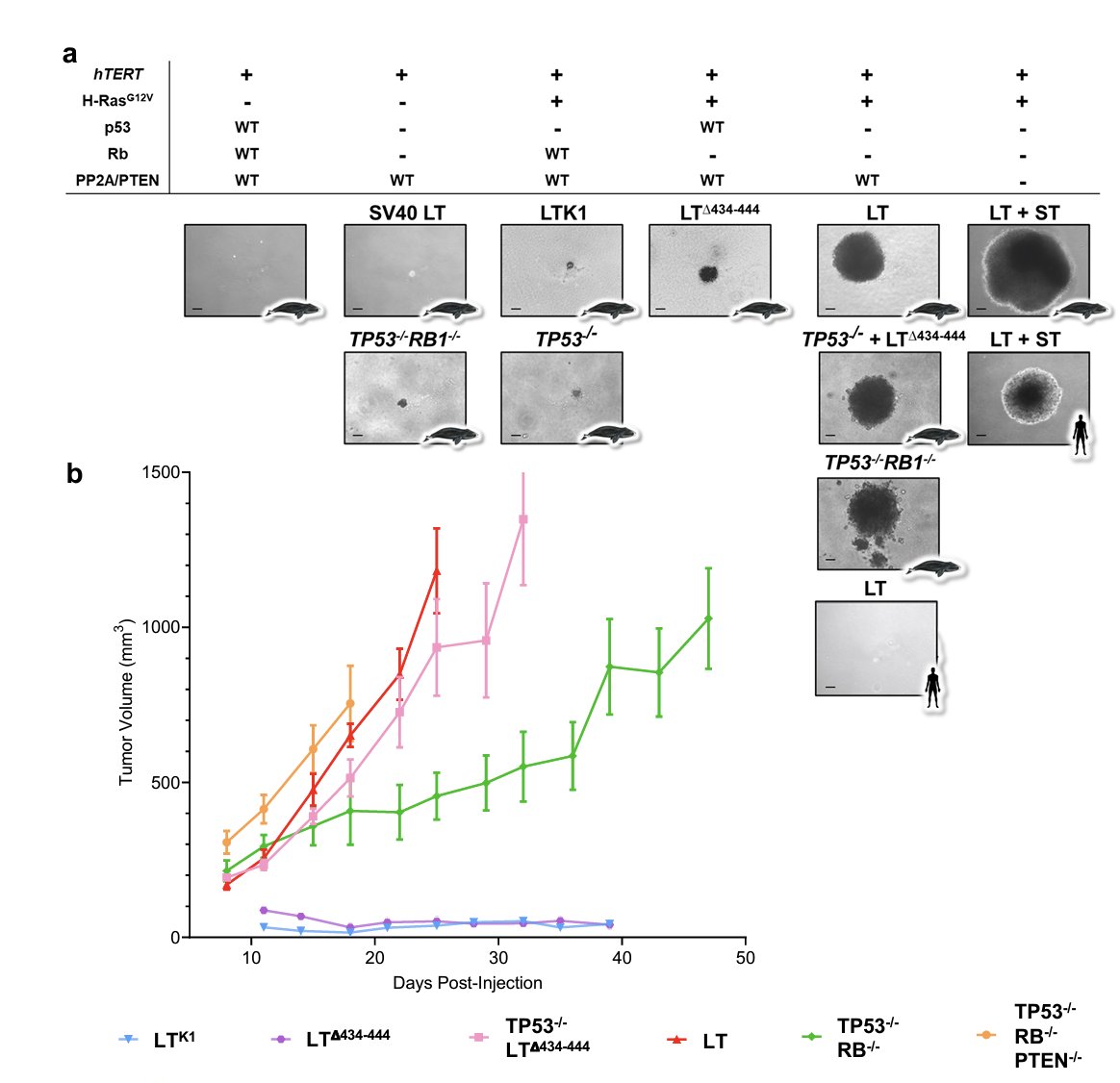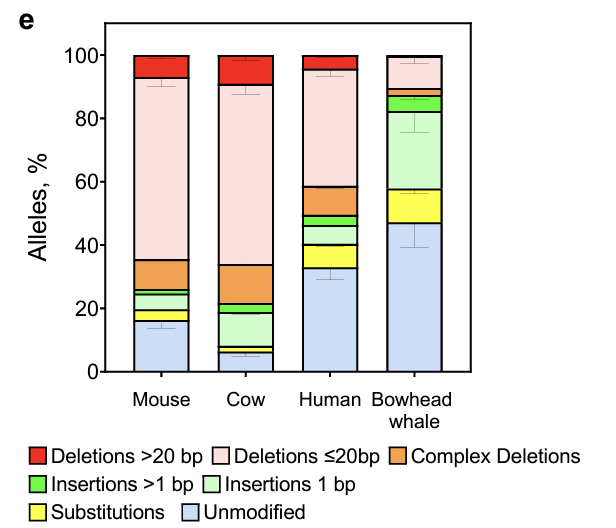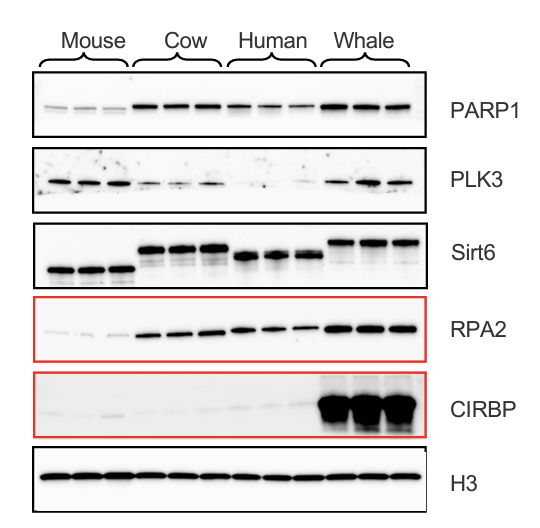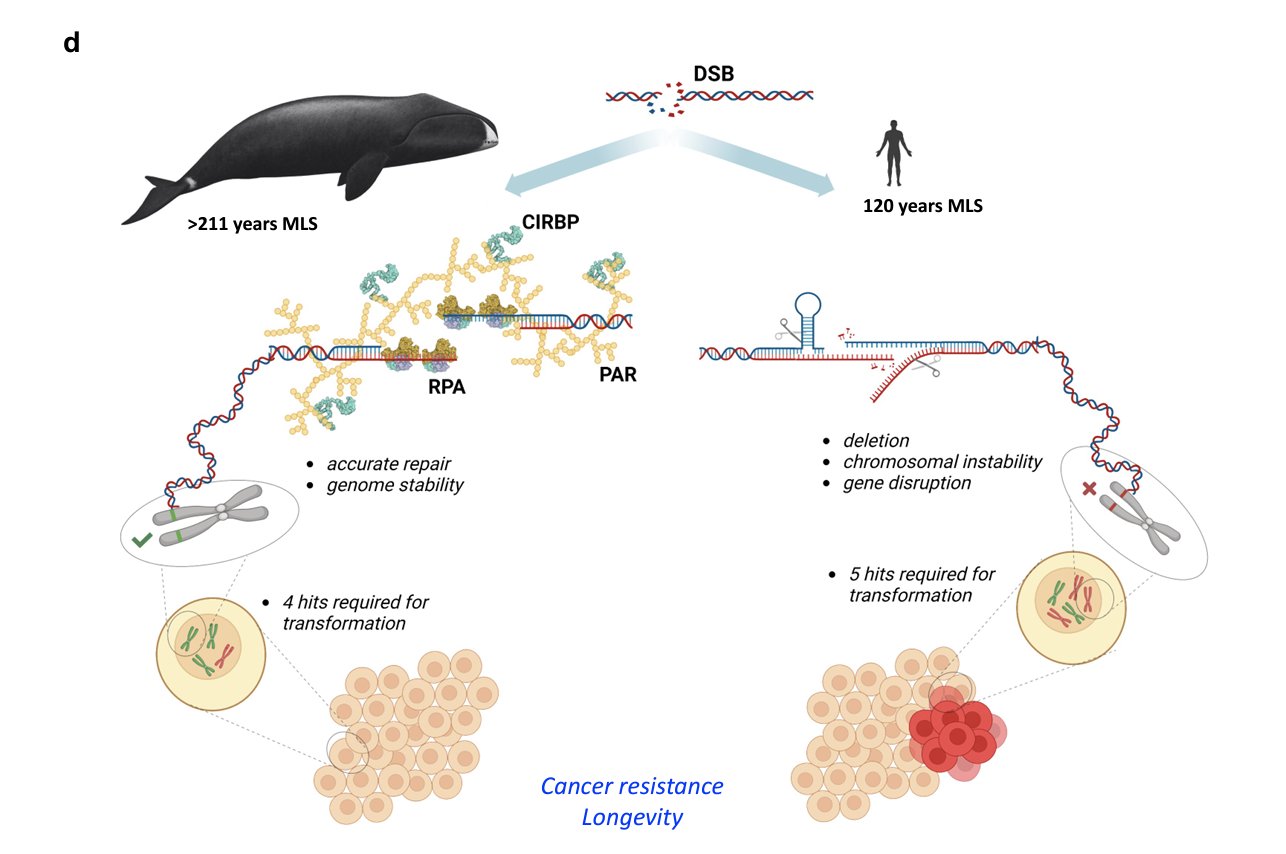Thread
Fascinating new preprint on bioRxiv tackles a whale of a question:
Whales are huge. So why don’t they get a ton of cancers?
www.biorxiv.org/content/10.1101/2023.05.07.539748v1
Whales are huge. So why don’t they get a ton of cancers?
www.biorxiv.org/content/10.1101/2023.05.07.539748v1
The underlying problem is known as Peto’s paradox. If cancers occur due to the accumulation of cellular mutations, why don’t bigger animals (which have more cells) develop more cancers?
Answering this question may help develop new strategies to prevent cancer in people.
Answering this question may help develop new strategies to prevent cancer in people.
Bowhead whales are a great species to study this in - they weigh up to 100 tons and live up to 200 years. So how do they avoid dying from cancer?
An initial possibility is that whale cells themselves are resistant to oncogenic transformation. To test this, the investigators compared what the genetic requirements were to transform whale vs. human fibroblasts.
Human cells need ~five oncogenic lesions to undergo transformation: TERT, Ras, loss of p53, loss of Rb, and loss of PP2A. Surprisingly, whale cells required fewer lesions, and they could be transformed without PP2A inactivation! So that’s not it…
If *fewer* mutations are required to transform whale cells… then maybe whales are better at avoiding mutations? To test this, the investigators assessed DNA repair in the whale cells. They found that whale cells were in fact better at repairing DNA damage compared to humans:
In a cool experiment, they found a region of the genome that was conserved between mouse, human, cow, and whale, and targeted it with CRISPR. They found that the whale cells were more likely to repair the CRISPR breaks in an error-free manner compared to any other species.
To try to uncover the cause of the improved repair, the investigators looked at expression of DNA repair proteins, and they found that whale cells express much higher levels of the repairing-promoting factor CIRBP.
Additionally, whale CIRBP had several mutations relative to the human gene. Ectopically expressing whale CIRBP, but not catalytically-inactive whale CIRBP, in human cells was sufficient to increase error-free DNA repair in human cells!
